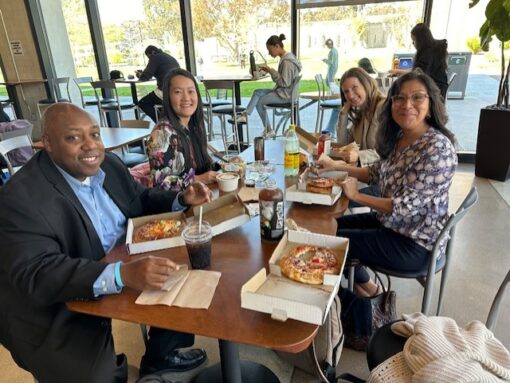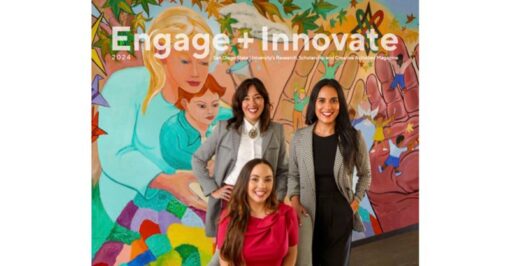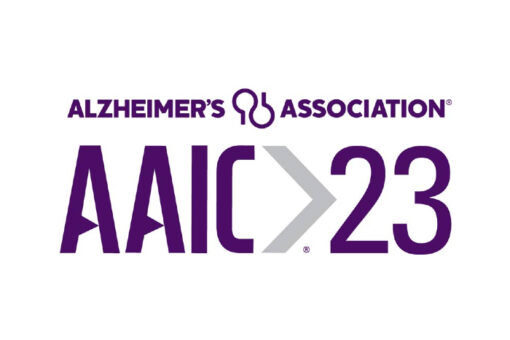
September 30, 2024
Thank you for joining us for this annual CME event, which highlights the cutting-edge academic and scientific environment across the UCSD campus, and the strong relationships with major scientific institutes and broad range of medical and community partners in San Diego County working to advance knowledge and clinical practice in this field of study. This conference, hosted by the UC San Diego Shiley-Marcos Alzheimer’s Disease Research Center and the San Diego Alzheimer’s Disease Resource Center for Minority Aging Research (AD-RCMAR), brings together an internationally renowned faculty from UC San Diego and local partner institutions to present the latest developments in neurodegenerative research. We look forward to having you join us to learn more about the local landscape of this ever-evolving area of research and care.
COURSE DESCRIPTION
The course has been designed to provide clinicians and community practitioners with current, evidence-based data that can be translated into clinical practice, in order to maximize therapeutic goals and optimize healthcare outcomes for patients with a variety of neurodegenerative diseases. The program will focus on the complex and diverse array of factors that impact cognition, aging, and risk for ADRD. Our speakers will delve into the biopsychosocial impacts of lifestyle factors on the brain and the implications for researchers and clinicians working with individuals and families from diverse communities impacted by neurodegenerative diseases. We will offer a blend of synchronous and asynchronous learning. The in-person synchronous event will invite attendees to the UC San Diego Medical Campus and the supplemental asynchronous learning will provide built-in flexibility for attendees to join from anywhere and pace their learning progress to best meet their individualized needs.
PROGRAM OBJECTIVES
At the conclusion of this conference, participants should be able to:
- Assess the presence of loneliness and describe strategies to reduce impact and increase wisdom.
- Identify how digital technologies are used in health research.
- Describe ethical challenges associated with digital health research.
- Name four key domains of the Digital Health Framework decision support tool.
- Identify three literacy challenges that may influence obtaining informed consent in digital health research and how those barriers can be mitigated.
- Discuss the association of social determinants of health with SARS-CoV-2/COVID-19 among US Hispanics/Latinos.
- Review recent risk factor estimates for dementia and impact of COVID-19.
- Depict the current status of biomarkers to detect underlying pathological changes that lead to cognitive decline and the status of blood biomarkers as a non-invasive method of detecting neurodegenerative changes in the brain.





